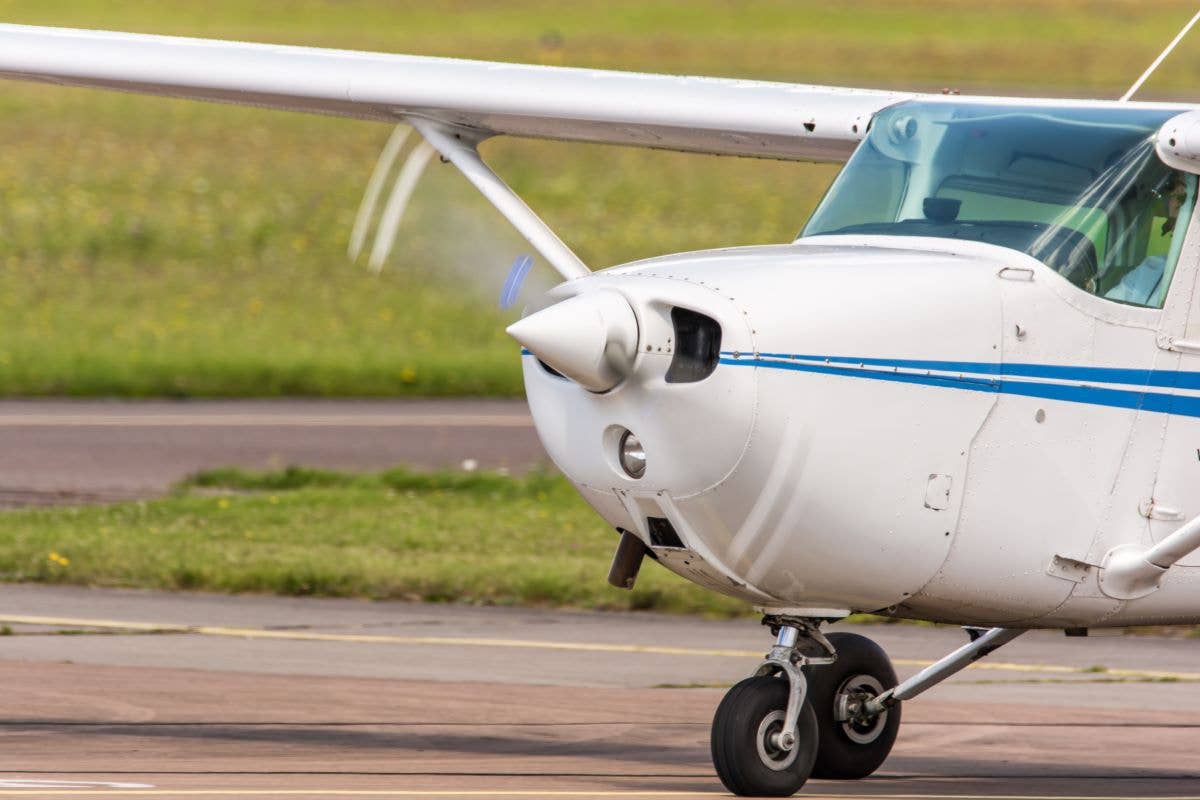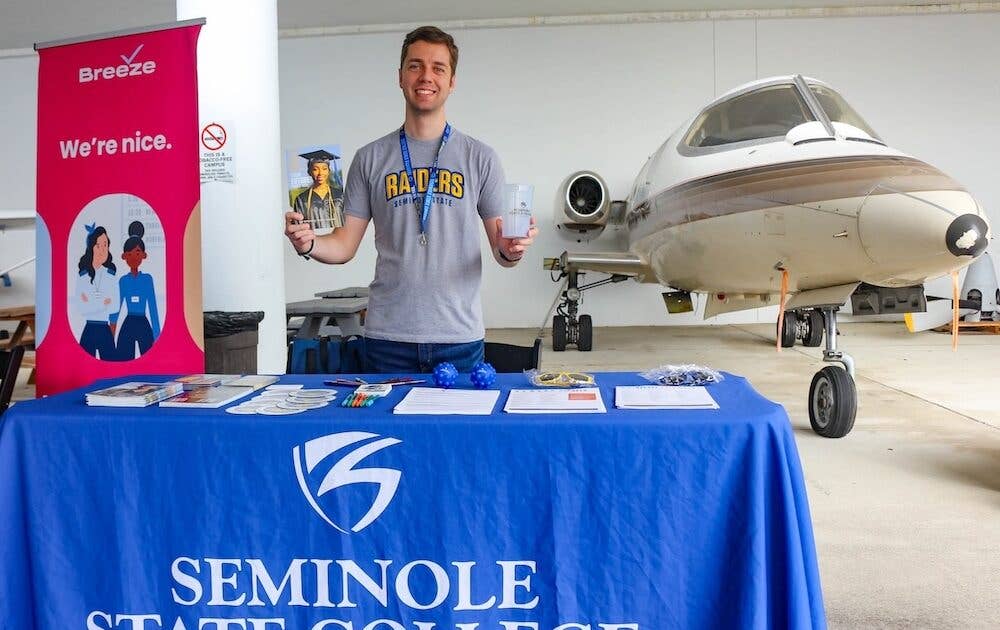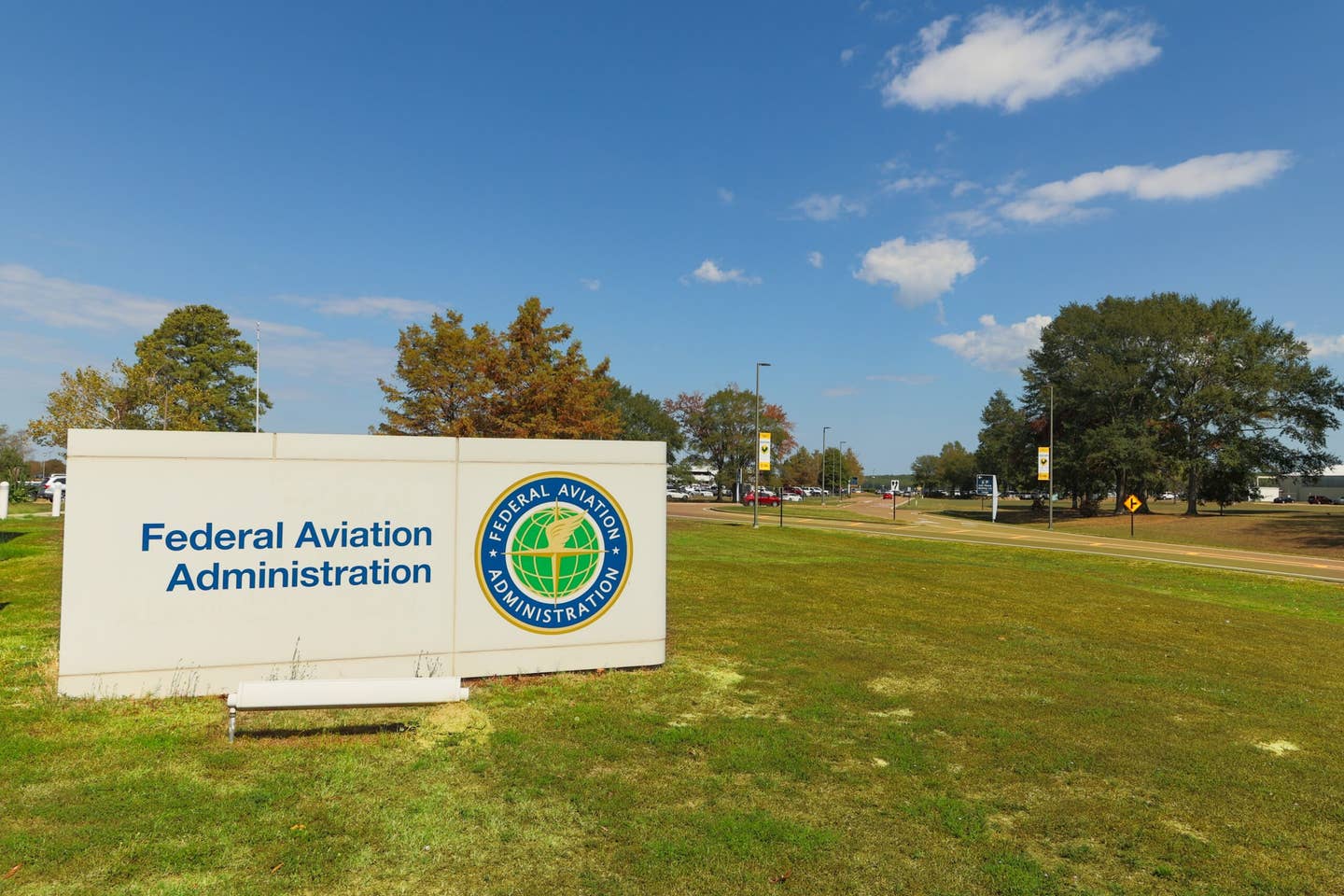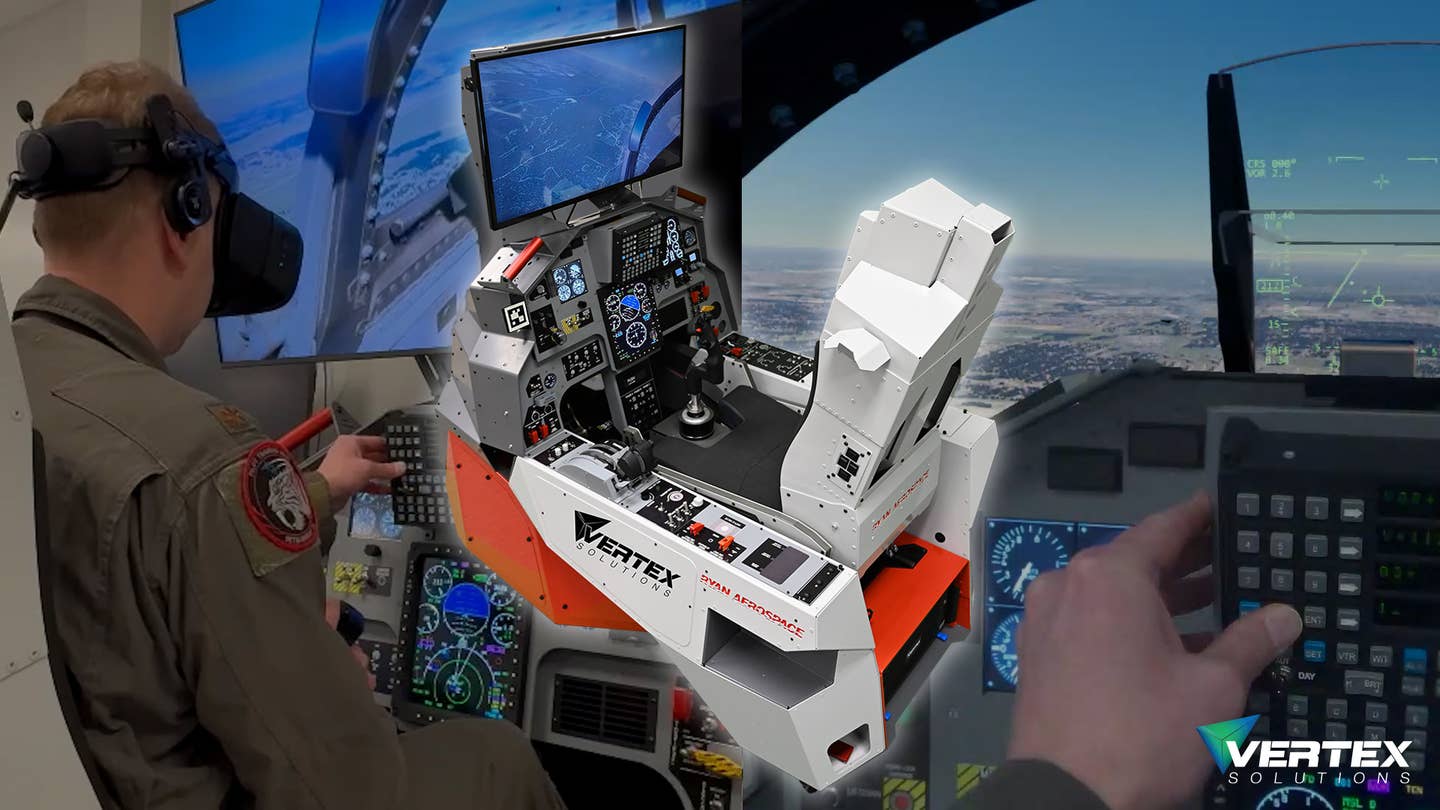Forging a Path to an Aviation Scholarship
From seeking recommendations to writing essays, here’s what you need to know about applying.

When applying for aviation scholarships, make sure you read the fine print. [Credit: Shutterstock]
It is aviation scholarship application season. Essays are being written, pages of logbooks photocopied, and CFIs are getting requests for letters of recommendations from applicants.
In a few weeks or months, a lucky few will be notified that they were selected. I have been on both sides of the scholarship equation, as the applicant and as the recommending instructor.
Finding Scholarships
Contrary to popular belief you do not need to be of traditional school age to get a scholarship, nor do you have to be enrolled in an academic program or training at a Part 141 program.
I was Part 61 all the way but managed to obtain two scholarships that helped with my multiengine training. One was The Ninety-Nines’ Amelia Earhart Memorial Scholarship; the other was from a local Ninety-Nines chapter. Both scholarships required demonstration of financial need.
When I applied, I was working full-time at an aviation newspaper, part-time job at a magazine, and as a freelance CFI for multiple flight schools., I thought having so many jobs would disqualify me. But I figured I would apply anyway, and as it turned out the ability to juggle so many jobs worked in my favor.
The moral of this story: If you don’t try, the answer is automatically no.
Finding the Funds
Do an online search for scholarships. You can find them at the local, state, and national levels. Some scholarships are specialized. I have seen some intended for someone over the age of 35 who is beginning their flying career, or for pilots who need that little extra cash to pay for their checkride. Often scholarships are created to honor the memory of another person.
In addition to flight training, many aviation organizations offer scholarships for academic advancement and technical training. The Aircraft Owners and Pilots Association, state aviation organizations, Experimental Aircraft Association, Ninety-Nines, and Women in Aviation are a few sources that offer scholarships to their members.
The Process
Make a list of the scholarships you qualify for, and make sure you read the fine print.
Many require the applicant to have soloed or passed the appropriate knowledge test for the certificate they seek. Some are for training at a specific flight school in a specific place, and the winner is responsible for the travel and lodging costs.
In many cases, the funds are paid directly to the flight school of the recipient's choosing.
Fine Print
Some scholarships require the winner to be enrolled in a Part 141 program or the training will be done at a specific school. Make sure you know you before you apply.
It can be disheartening for an applicant who has done all their training under Part 61 with a particular CFI to win a scholarship and find out they have to switch to another school and another instructor in order to take advantage of the funds. They may find themselves repeating lessons because "that's how it is done" at the school, or they don't jell with the assigned instructor, and what should be a good experience—flight training paid for by scholarship—is anything but.
The Essay
Most scholarships require an essay from applicants to find out how the scholarship will benefit your life.
You will be competing with hundreds, maybe thousands of other pilots who love aviation as much as you do and have the same goals. You need to make yourself stand out.
Are you working multiple jobs to pay for your training? So are a lot of other people. What makes you different? Do you volunteer at an aviation museum as a docent? Are you a volunteer fireman? Did you start an aircraft detailing business before you were old enough to legally drive? Are you shadowing a ground school to learn how to teach as you study for the Advanced Ground Instructor knowledge test although you are a private pilot and the instructor rating is still several hundred hours away?
It is important to demonstrate that you can take the initiative and work as part of a team.
Adhere to the word count, and in the name of the Wright brothers, please don't use AI to write it. It's obvious when you do. Be thoughtful. Be concise. Check your spelling and grammar. Then have someone else read it to make sure you didn’t miss anything.
Letters of Recommendation
Most scholarships require at least one letter of recommendation. Most ask for three.
As an applicant, I learned to pick my letter writers carefully. One wrote about herself and her passion for aviation when she was supposed to be writing about my work ethic. Another was given a month to craft the letter and specific details on the name of the scholarship, the salient points to mention, length of letter, etc. but a week before deadline told me the letter had not been written because he wasn't much of a writer.
Fortunately, I had lined up five letter writers. The rest came through, so I was able to select the best ones for the application.
When you select the person to write the letter of recommendation, remember you want someone who knows you well.
It is not necessarily about rank and status. If you are attending a large flight school and you're just a number to the owner, it probably wouldn't be in your best interest to ask them to write you a letter. Your CFI is a natural choice. So is your employer. If the letter comes from someone at the flight school, ask if it can be put on the company letterhead.
Give the person at least one month to provide the letter if able, and for best results provide them with an outline of experiences that are pertinent to the scholarship and how it will allow you to achieve your goals. If the letter needs to be submitted as part of an application packet make sure the person writing it understands this. If it is sent as a stand-alone, your application could be rejected as incomplete.
Training Records
Most scholarships will ask you to submit copies of the last three pages of your logbook. Make sure the pages are neat,totaled up, and signed as appropriate.
Respect the Deadline
Plan to have your application submitted at least a week in advance if possible because when you are rushed, that is when mistakes happen. Keep track of what you have applied for.
If you earn the scholarship, be sure to send a thank-you note. It may be just a few hundred dollars, but that is money you didn't have before.

Sign-up for newsletters & special offers!
Get the latest FLYING stories & special offers delivered directly to your inbox






